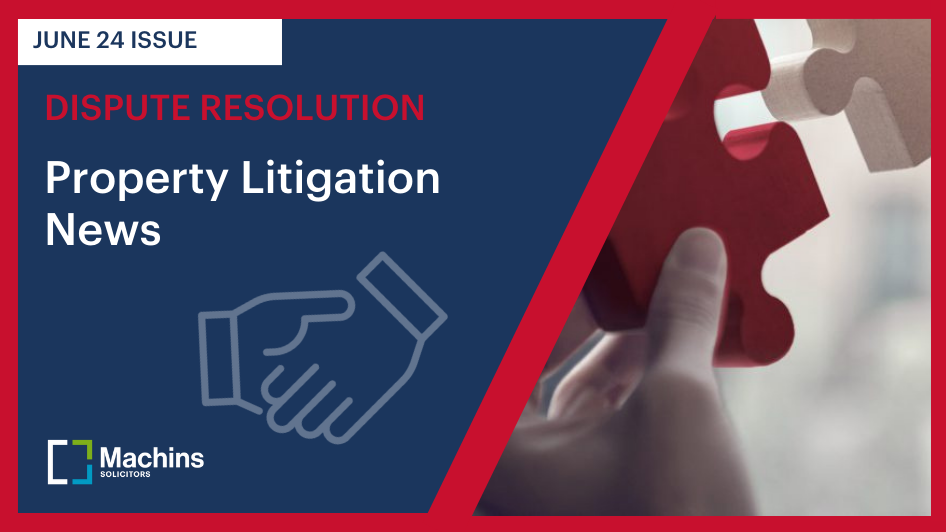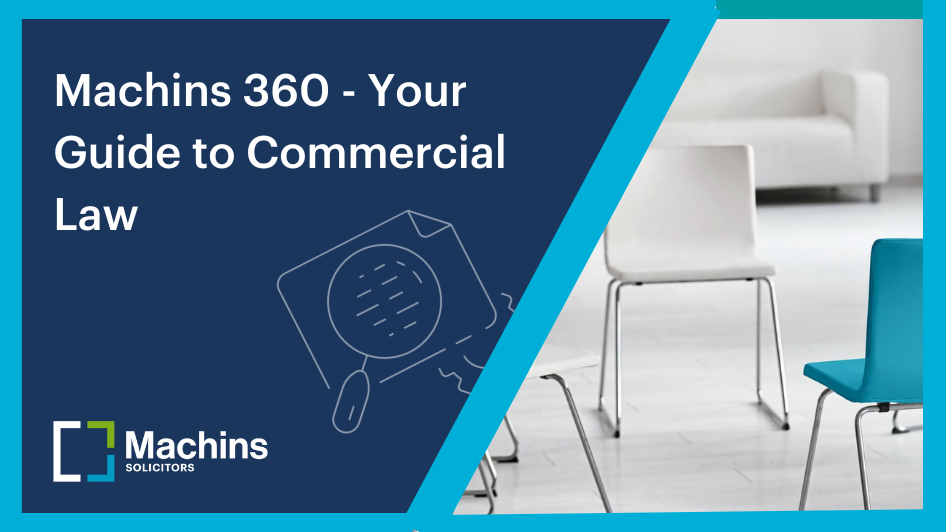When it comes to leasing commercial properties, landlords need to ensure that their interests are protected through well-drafted lease agreements. A comprehensive and enforceable lease agreement is crucial for maintaining a positive landlord-tenant relationship, minimizing disputes, and safeguarding your investment.
These are some of the most important clauses and considerations when drafting commercial lease agreements.
Lease Terms
The lease terms establish the duration of the lease agreement, including the start and end dates.
As a landlord you should carefully consider the length of the lease, ensuring it aligns with your investment goals and plans for the property. Additionally, it is essential to clearly define any renewal or termination options available to both parties.
Rent Provisions
Rent provisions outline the financial obligations of the tenant. It is vital to establish a clear method for determining the rent amount, whether it’s a fixed sum or a percentage of the tenant’s revenue. The lease agreement should also address the frequency of rent payments, penalties for late payments, and any rent review mechanisms to account for inflation or market changes.
Break Clauses
Including break clauses in the lease agreement provides flexibility for both landlords and tenants.
These clauses allow for early termination of the lease under certain conditions. Landlords should carefully consider the circumstances under which a break clause can be invoked, ensuring that they have the necessary safeguards in place to protect their interests.
Repairing Obligations
Clearly defining the repairing obligations is necessary to avoid disputes over maintenance responsibilities.
The lease agreement should outline the tenant’s obligations for maintaining and repairing the premises during the lease term. Landlords may also consider including provisions for periodic inspections to ensure the property is well-maintained.
Service Charges
Service charges cover the costs associated with managing and maintaining the common areas of the property. The lease should clearly outline the services covered by the charges and how they will be calculated and allocated among tenants. Transparency in service charges helps avoid disagreements and ensures that costs are shared fairly.
Use and Alterations
The lease agreement should clearly define the permitted use of the premises to prevent any unauthorised activities that may damage the property or violate local regulations. Landlords should consider including provisions regarding the tenant’s ability to make alterations or modifications to the premises, specifying whether prior written consent is required and under what conditions.
Insurance and Indemnity
It is crucial for landlords to protect their property by requiring tenants to maintain appropriate insurance coverage. The lease agreement should specify the type and level of insurance required, including liability coverage. Additionally, indemnity clauses should be included to protect the landlord from any claims arising from the tenant’s use of the premises.
Legal Advice
Drafting a commercial lease agreement can be complex, and seeking legal advice is highly recommended. A well-drafted agreement is the foundation for a successful landlord-tenant relationship and can contribute to the long-term success of your commercial property investment.
A lawyer experienced in commercial property law can ensure that the lease agreement is comprehensive, legally binding, and tailored to your needs. This can save you both time and money by preventing potential disputes and protecting your interests.

















